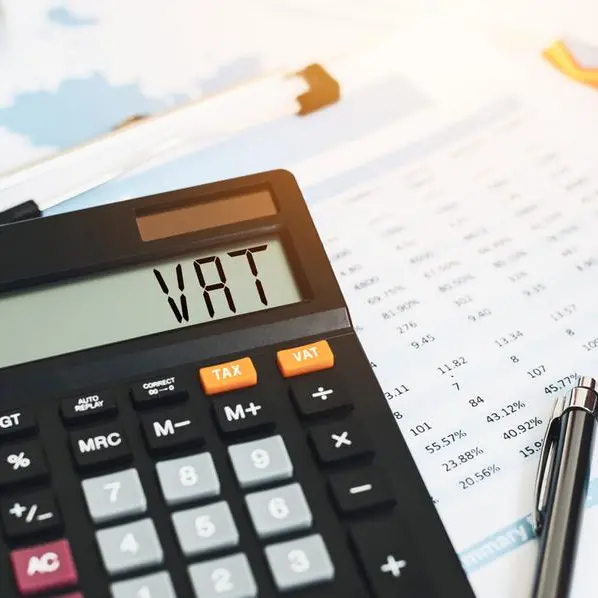PHOTO
Bahrain’s real GDP increased by 3.3% and 3.4% at constant and current prices, respectively, during the first quarter of 2024, according to national accounts estimates issued by Information & eGovernment Authority.
The GDP reached BD3,610.8 million ($9,580.76 million) at constant prices during the quarter compared to BD3,494.8 million during the corresponding quarter of 2023.
The estimates also indicated that the Oil sector grew by 3.4%, while the Non-oil sector grew by 3.3% at constant prices. Accommodation and Food Service activities, considered one of the largest non-oil activities, achieving a growth rate of 10.7%, followed by Financial and Insurance activities with a growth of 7.4%. Information & Communications grew 6.6% at constant prices. Financial and Insurance activities were the largest Non-oil sector contributing to real GDP at 16.7%, according to preliminary estimates, followed by Manufacturing at 14.8%.
The transition to the International Standard Industrial Classification of All Economic Activities, revision four (ISIC4) has been completed in line with local, international and regional requirements, and to keep pace with the global trend of implementing the updated version of the Standard Industrial Guide for Economic Activities issued by the United Nations Department of Economic and Social Affairs, an iGA statement said.
This classification is considered an approved classification of all economic activities, and it is used internationally and nationally to classify data according to the type of economic activity, in which one code is developed for each economic activity according to a set of principles, definitions and rules presented in the manual. It is also one of the most important tools for studying the economy of countries and international comparisons.
There is no doubt that this transition will make a qualitative leap at the local level in terms of supporting the exchange and flow of data between different local institutions and authorities, and will help unify the reading and presenting the data, facilitate its processing, conduct local comparisons, reduce duplication of work between governmental and non-governmental entities that deal with the classification of economic activities, and create an understandable common language to raise the accuracy and flow of statistical data between entities, it said.
Coinciding with the transition, the authority has improved the coverage of the economic activities, which increased the GDP. Comprehensive and updated databases have also been prepared for annual and quarterly national accounts estimates from the year 2010 with the updated classification, it added.
Copyright 2024 Al Hilal Publishing and Marketing Group Provided by SyndiGate Media Inc. (Syndigate.info).





















